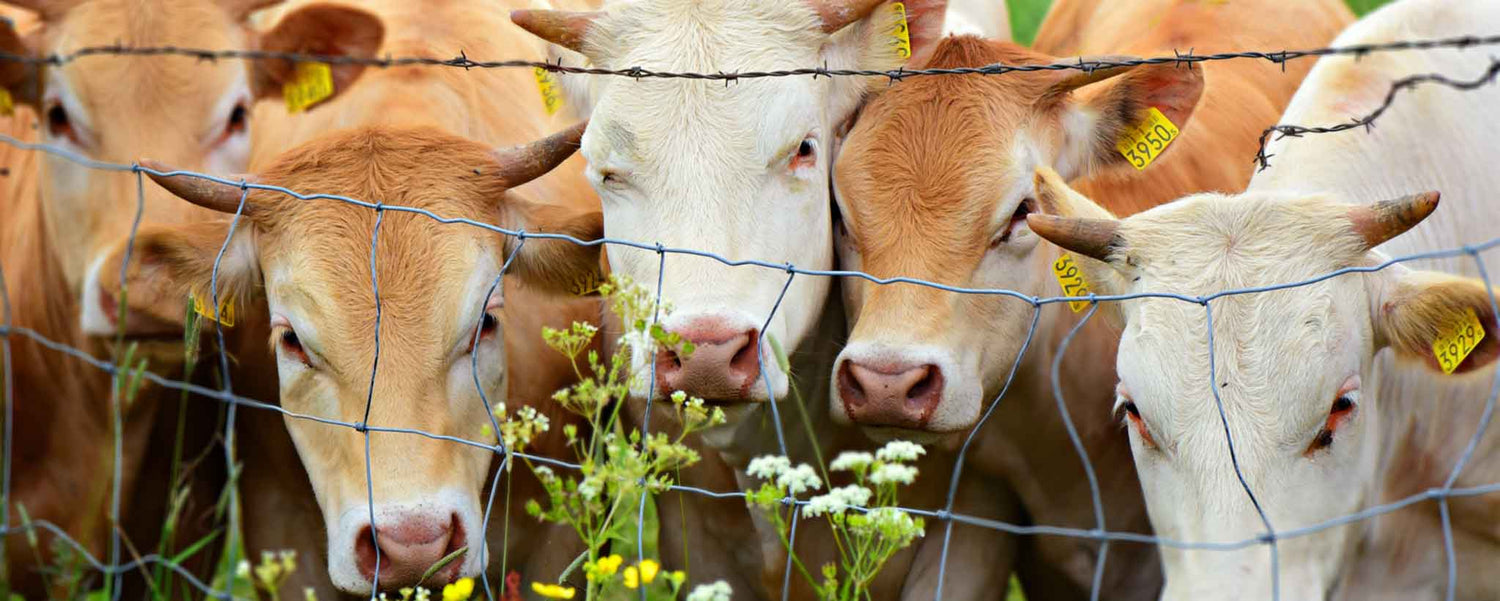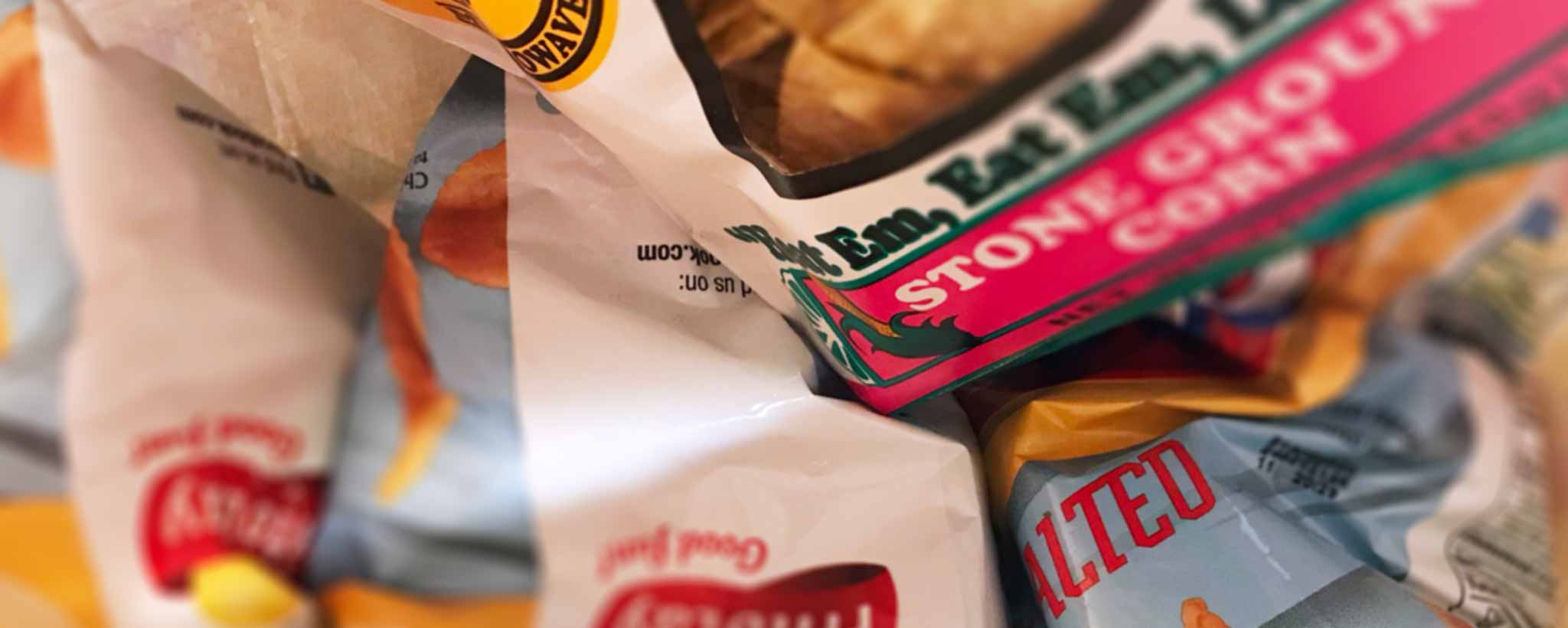With inhumane treatment of farm animals, are you ready for plant-based alternatives?
Not Your Father’s Farm
The growth of plant-based meat alternatives is largely fueled by the factorization of farm animal products. Childhood notions of cows grazing grass in open fields while pigs and chickens run around in nearby pens are the exception, not the norm. Most consumers distance themselves from the process of turning animals into meat.
Similar to the industrialization of automobile and consumer electronics assembly, farms automate the death, feather plucking, segmentation, and packing of poultry en masse. Pigs suffer at every stage of their lives in “sow stalls.” Factories crowd thousands of genetically modified animals inside structures that restrict movement.
With steroids and selective breeding, steers and chickens grow faster to produce more low-cost meat for hungry consumers. With a lack of exercise, many animals cannot bear their weight after several months. The high concentration of animals within confined quarters produces significant bodily waste that pollutes the air and nearby water. This kills fish and sickens people.
Food consumption is for nutrition. We eat to nourish our bodies, not to acquire disease. The proximity of animals can cause disease to spread quickly. So they receive preventative broad-spectrum antibiotics. Since these animals are food sources, the antibiotics transfer to human consumers.
In time, bacterial microorganisms adapt and become resistant to antibiotics. This means when animals and humans become sick, antibiotics may not work as effectively, if at all. The food chain is broken.
Beyond Factorization
Healthy nutrition includes daily protein. Right now, people can choose a vegetarian option at many popular restaurants. Companies like Beyond Meat, Impossible Foods, and Just are endeavoring to move plant-based alternative proteins beyond a niche market and into the mainstream. Just Egg began within boutique restaurants and is now available in retail markets.
Veggie Grill is a national vegan food chain featuring Beyond Meat products. Yet, the company claims most of Veggie Grill’s customers are meat eaters. A significant milestone for Impossible Foods was the nationwide rollout of the Impossible Whopper at Burger King. Other fast food chains like Carl’s Jr, Red Robin, Del Taco, and White Castle offer plant-based options. Early testing by KFC has been successful.
With these vegetarian options at many popular restaurants, omnivores can compare the taste and nutrition to the real meat options. Some consider it a viable alternative. In time, the goal of plant-based protein manufacturers is to decrease, if not eliminate, dependency on factory-farmed meat.
Important questions for you to consider:
- Does it matter to you how your food is processed?
- If plant alternatives taste like meat, will you switch?
- Is meat necessary for nutritional protein?
Currently, the company Impossible Foods has offset only about 1 percent of animal processing. As plant-based consumption reaches the current meat consumption level, will there be new factorization issues? Time will tell. It is still processed food—though more humanely processed. For sure, meat is ruining the environment, and animals are being subjected to inhumane treatment. Are you open to adjusting to healthier eating?
To support the writing of scholarly articles about food, ClinicalPosters sells human anatomy charts, scientific posters, and other products online. You may sponsor specific articles, become a ClinicalNovellas Member, or remit a small donation.
ClinicalPosters sells human anatomy charts, scientific posters, and other products online to offset expense of the writing useful articles about food. Slide extra posters into DeuPair Frames without removing from the wall.
Show your support by donating, shopping for ClinicalPins, becoming a ClinicalNovellas Member, or leaving an encouraging comment to keep the research going.
To support the writing of useful articles about food, ClinicalPosters sells human anatomy charts, scientific posters, and other products online. You may sponsor specific articles or remit a small donation.
ClinicalPosters sells human anatomy charts, scientific posters, and other products online to offset expense of the writing useful articles about food. Slide extra posters into DeuPair Frames without removing from the wall.
ClinicalPosters sells human anatomy charts, scientific posters, and other products online. You may remit a small donation or become a ClinicalNovellas Member.
You can support the writing of useful articles about food by sponsoring specific articles, becoming a ClinicalNovellas Member, or remitting a small donation.
Main photo by Mabel Amber from Pixabay.







 Romance & Health Intertwine. Fall in love with a captivating romance miniseries that explores the essence of well-being. Become a ClinicalNovellas member for heartwarming tales.
Romance & Health Intertwine. Fall in love with a captivating romance miniseries that explores the essence of well-being. Become a ClinicalNovellas member for heartwarming tales.






